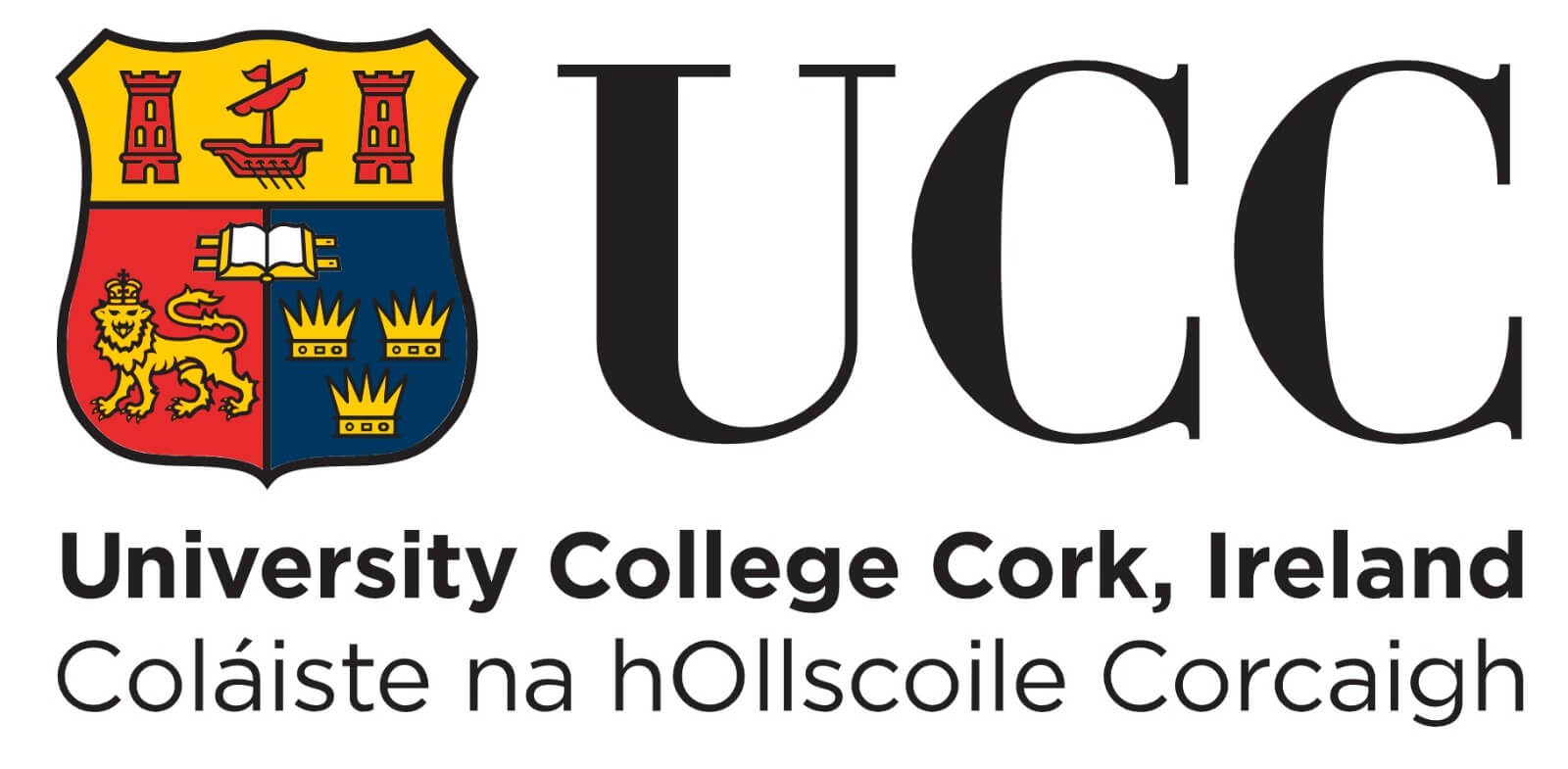BSc (with Honors) in Physics
Key Points
How did the universe evolve? What are the basic components of matter? These are the fundamental questions regarding physics, which is fundamental to current and future science and technology.
Physics is used to tackle problems as diverse as the development of new energy sources, safer medical diagnostics, high-temperature superconductors, and increasingly smaller and faster devices for electronics and telecommunications.
As a physics student, you will embark on a dynamic and exciting course of study that combines intellectual fascination with practical application to a wide range of human endeavors, including biological sciences, engineering, earth sciences, philosophy, and science. medicine.
The attributes that a good physicist needs include spatial and conceptual vision, mathematical fluency, curiosity, imagination, and a capacity for hard work.
Admission to the BSc Physics course is through the Physics and Astrophysics inflow (CK408). The Year 1 curriculum provides a broad base in physics and mathematics subjects, allowing students to pursue several possible undergraduate courses.
Program structure
Practicalities of the course
Expected conference hours
You will attend 15-20 conferences and tutorials per week. They are usually held in the mornings.
Laboratory / practical hours expected
You will attend two or more practices per week. They are usually held in the afternoons. In Year 4, in addition to the internship, you will complete a 12-week end-of-course research project.
Evaluation
Written exams will take place before Christmas and in May. Not all modules will have formal exams. Many modules use other types of assessment, including class assignments and tests, online exercises, end-of-semester exams, and performance in labs and seminars. Presentations and written reports of your research project and some modules are an important part of the overall evaluation.
Who teaches this course
This course is taught by academic staff from the Department of Physics, with additional teaching from academics from the Faculty of Mathematics, Applied Mathematics and Statistics, UCC. Some specialized topics are also covered by researchers from the Tyndall National Institute, UCC.
Evaluation
Written exams will take place before Christmas and in May. Not all modules will have formal exams. Many modules use other types of assessment, including classroom tests and take-home problems, etc.
Teachers take care to give you as much information as possible about your progress.
The remaining grades for a module are assigned based on an end-of-semester or end-of-year written exam.
Some modules (projects or modules in experimental physics, for example) are examined in their entirety by continuous assessment.
Who teaches this course
Staff from the disciplines of Physics, Mathematics, Applied Mathematics, and Statistics teach modules in this course, making available a wide variety of physical and mathematical knowledge and research experience. Proof of this is the high level and wide range of end-of-degree research projects on offer.
Career opportunities
Quantitative problem solving is the most marketable skill you will get from BSc Physics. Project work and developing presentation skills are also aspects of a physics degree in high demand from employers.
Typical careers for physics graduates include:
- Research and development
- Finance
- THAT
- Engineering
- Teaching
- Meteorology
- Astronomy
- Marketing of medicine and health
English requirements
Candidates from outside the EU are expected to have educational qualifications of a standard equivalent to the Irish Exit Certificate. In addition, when such candidates are not native English speakers, they must satisfy the university of their English language proficiency.
Learn more about our educational offer
Request your quote
An advisor will contact you by phone and email within the following hours


